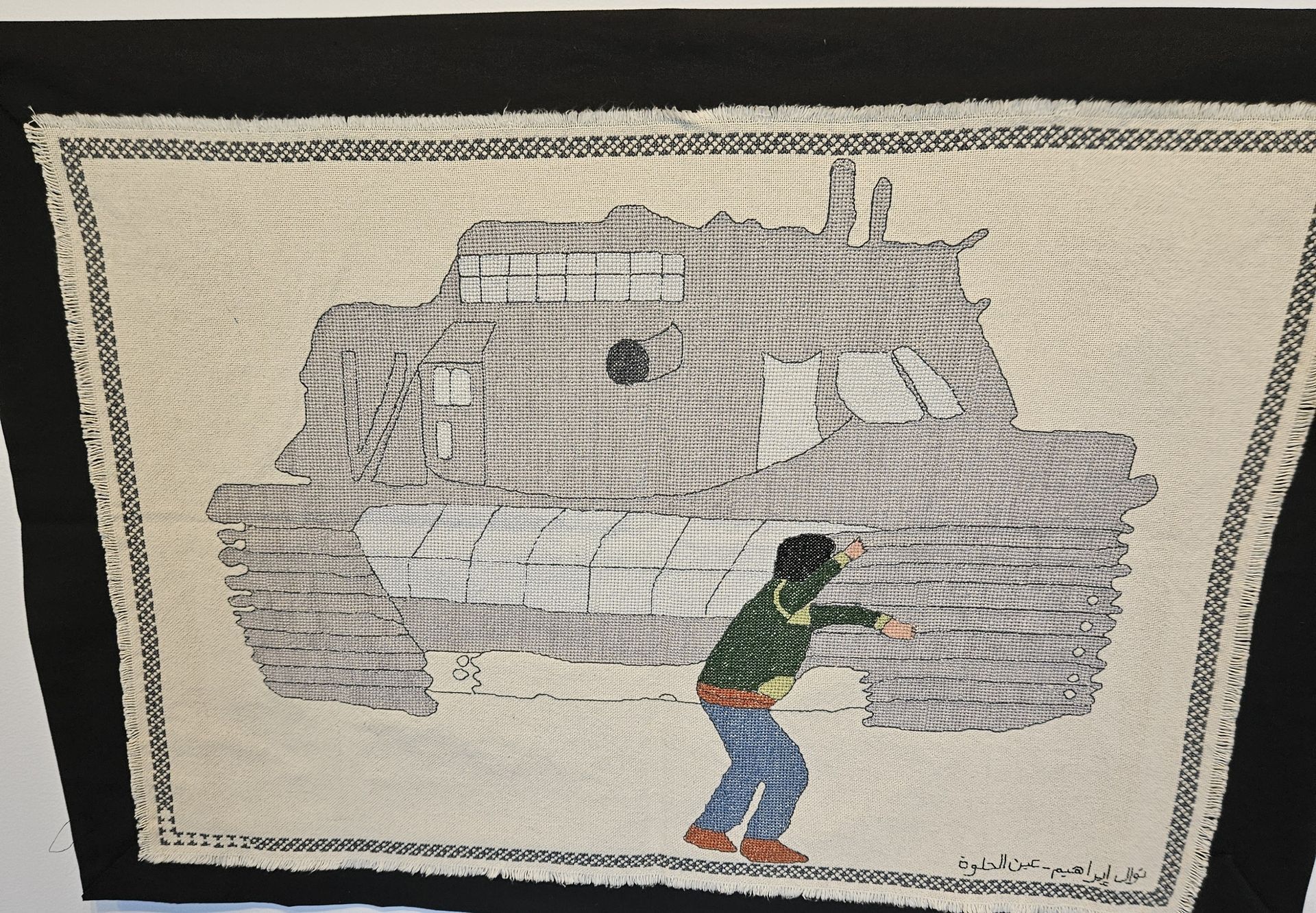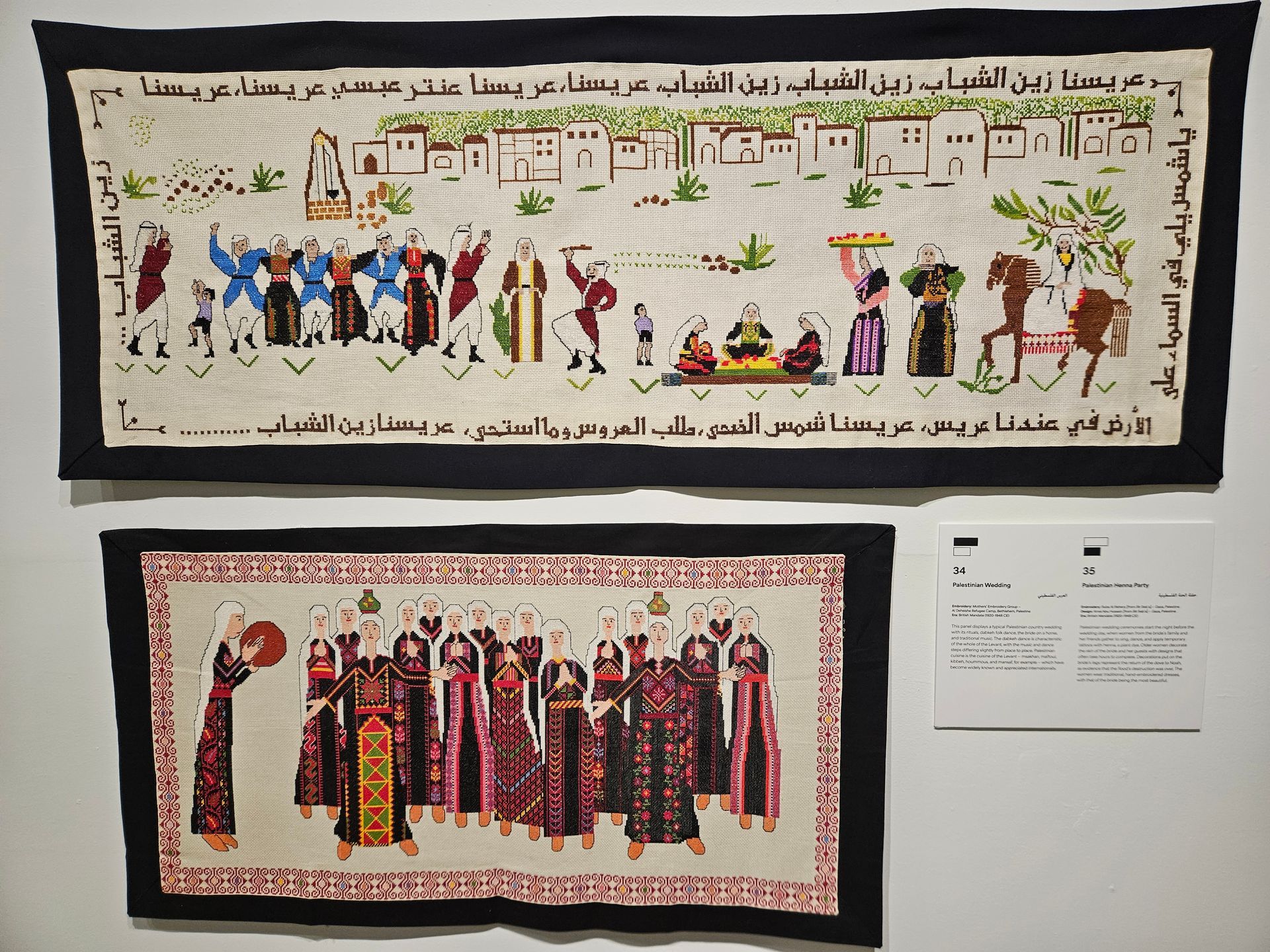
The never-ending capital punishment debate - The US Justice Department re-instates capital punishment in federal penitentiaries - July 2019. A reflection from the past.
Most people who study the capital punishment issue move away from advocating the death penalty
Yet another parliamentary debate on capital punishment is like to plague Canada. The Mulroney government seems intent on bowing to the pressure of those who want to re-pen what many assumed had been permanently closed when the House of Commons, by a free vote in 1976, abolished the noose.
There is no doubt that most Canadians, if asked, would say that they want the return of the death penalty. But the reality is that the vast majority of Canadians have not studied the issue. Nor have they sought to inform their feeling on the issues by reflection, let alone by conversation with those affected. One could hope that the government would assist churches and other social agencies in getting verifiable facts before the people before another vote is taken. But such action is not likely.
Effects of study
If this were done, however, we would all learn:
- that the murder rate has not risen since 1976 - we had 2.74 homicides per 100,000 population in 1983, compared to 3.09 in 1975
- that murderers are less likely to stalk the streets than to be people close to us.
- that guns are a major factor in homicides, and control of guns vital to reducing numbers.
- that murderers are often as much victims of life as the victims they kill.
- that the violence which infests the mass media, and which infects our souls, contributes mightily to the homicides in our society.
And so on. As a Lutheran publication stated: "The death penalty is easy to accept. All you have to do is deny the facts."
In a society where nomadic life prevented the tribe from effectively isolating dangerous members, there may have been cause for capital punishment. But in a society where the dangerous can be so readily isolated, there can be no adequate reason to murder legally. Such action can only lower the value of human life, increasing the proclivity to murder while doing nothing to treat the real wounds of those victimized by murder.
People of faith need to work together to "break the escalating spiral of violence," as the Canadian Conference of Catholic Bishops stated in 1973, "by refraining from violence even as a deterent." The bishops went on: "Jesus constantly rejects the normal human tendency to redress injury by injury, and calls instead for generosity. He established the norm that violence and hostility are not corrected by counter-measures of violence and hostility."
A uniform stand
The major churches of Canada have taken strong stands against capital punishment. With the esception of the Evangelical Fellowhip of Canada, national church bodies have consistently argued against execution as a way of punishing murder. In fact, they have banded together with such groups as Amnesty International and the Elizabeth Fry Society to oppose the return of the noose by forming the "Coalition Against the Return of the Death Penalty." In several cities, local groups work actively.
Experience shows that most people who have studied the issues involved in capital punishment move away from advocating the death penalty. Parishes wanting to organize study groups can get help from the Coalition. It has developed a resource kit with biblical and theological materials, statistics and sociological data, and personal testimony from convicted murderers and the homicide victims' next-of-kin. As well, the Presbyterian Church in Canada has produced an excellent study kit entitled "Hangman."
Parishes can influence the vote in the House of Commons. First, they need to study, to pray, and to reflect. Then they can question their MPs about the position they are taking in the debate, and can tell their elected representatives what they have learned about the issue. With study and action at the local church, there is a chance of reducing the percentage of legislators who would vote to kill so that other people will stop killing.


